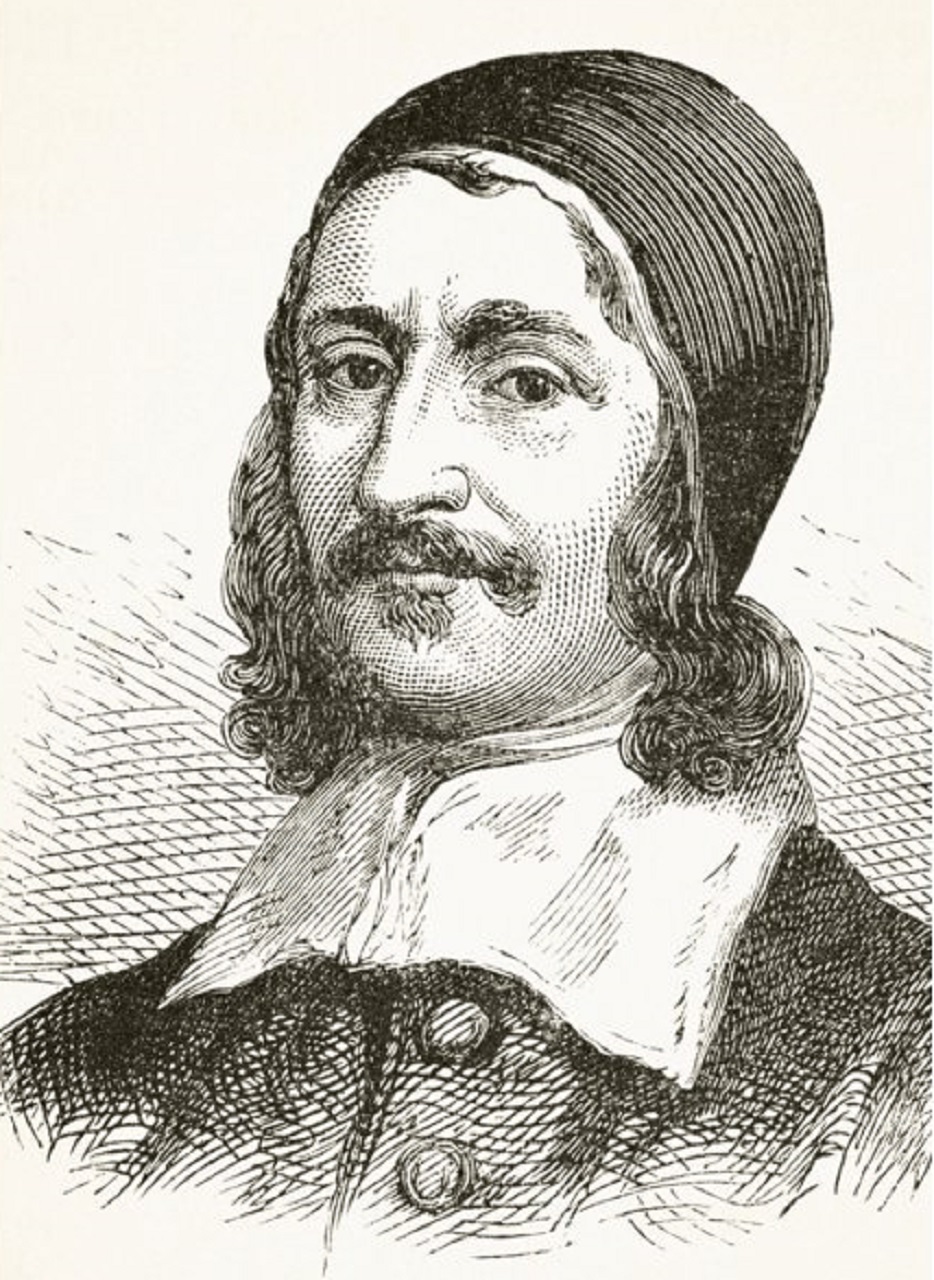
Richard Baxter was born at Rowton, in Shropshire, England, on November 12, 1615. He served faithfully the flock over which God placed him in Kidderminster. Baxter suffered from a frail bodily frame much of his life and it often seemed a wonder that his life extended year after year. He once said, “Weakness and pain helped me to study how to die; that set me to study how to live.” Toward the end of his life, when his infirmities increased, the intensity of pain sometimes compelled him to pray for death to come swiftly, but then he would contain himself and say, “It is not for me to prescribe: when thou wilt, what thou wilt, or how thy wilt.” Half a century later Isaac Watts recalled Baxter’s words and he said, “it is good to say as did Mr. Baxter, ‘What, when, and where God pleases.’”
One of Baxter’s choice hymns is called “Christ Leads Me Through No Darker Rooms”
One of Baxter’s choice hymns is called “Christ Leads Me Through No Darker Rooms”. It’s a simple, 4 stanza, Common Meter hymn that speaks to the comfort Christians have in the midst of valley of the shadow knowing that Christ first trod there. He wrote this hymn because those under his care needed this reminder, but also because he himself had a few dark rooms through which to pass. He too needed to remember that Christ would send him through no darker rooms through which he hadn’t first passed.
Richard Baxter’s ministry was not marked only by the joy of fruitfulness in his field of service, but also by faithfulness in the midst of persecution. In May of 1662 the king of England set his seal of approval on the Act of Conformity which obligated all clergy in the Church of England to declare full assent and submission to all things in the Book of Common Prayer. Baxter was among two thousand godly ministers who faced bore up under persecution for conscience’s sake.
Next, the Conventicle Act as well as the Five Mile Act were passed in an effort to further box in non-conformists by pushing them into further legal jeopardy unless they obeyed the designs of the state. Although Baxter submitted to the law insofar as he was able without violating his conscience, it wasn’t long before a warrant was issued for his arrest, and he was incarcerated for six months in Clerkenwell prison.
Five years later he was arrested again for preaching. His goods were taken from him and sold, “even to the bed that he lay sick on.” His accusers found several comments in his work, Paraphrase on the New Testament, which they asserted justified the charge of sedition. He was summoned to appear for his trial before the notorious Jeffries. Baxter’s case furnished the judge an opportunity to give vent to his intense hatred for Baxter and all non-conformists. He let fly his rage and wrath upon the head of Baxter, who was now an old man.
After calling him a rogue, rascal, an old blockhead, an unthankful villain, and other hate-filled names, Baxter ventured to put in a word of explanation. Jeffries cut him off and roared: “Richard, Richard, dost thou think we will hear thee poison the court? Richard, thou art an old fellow, an old knave; thou hast written books enough to load a cart, every one as full of sedition, I might say treason, as an egg is full of meat. Hadst thou been whipped out of the trade forty years ago, it had been happy. Come, what do you say for yourself, you old knave?—come speak up.”
To this shameful rant, Baxter meekly responded, “These things will be understood someday,” and lifting up his eyes to heaven he added: “I am not concerned to answer such stuff; but am ready to produce my writings for refutation of all this; and my life and conversation are known to many in this nation.”
Christ leads them through no darker rooms than He went through before; And he that in God’s kingdom comes must enter by this door. In John 16:33
Baxter was found guilty and confined for 2 years in the dark cells of a prison. Yet, in all this, Baxter rejoiced in and rested upon the sovereignty and goodness of his God. Those who know this world is not their home are not troubled when temporary comforts are taken away. Those who treasure the gospel and love Christ know that “Christ leads them through no darker rooms than He went through before; And he that in God’s kingdom comes must enter by this door.” In John 16:33, we read the words of Christ to his disciples: “I have said these things to you, that in me you may have peace. In the world you will have tribulation. But take heart; I have overcome the world.” In his Paraphrase of the New Testament, Baxter wrote this about John 16:33: “I have told you what is to befall you hereafter, that though you will be grieved at my departure, you may fetch your peace and joy from the assurance of what I will do for you after my resurrection. You shall have tribulation to the flesh in the world: But let not that dismay you, but take comfort in me, who have overcome the world, even its flattering temptations and its malicious prosecutions. And my victory is virtually yours, who shall overcome by my intercession, Spirit, and grace.”



